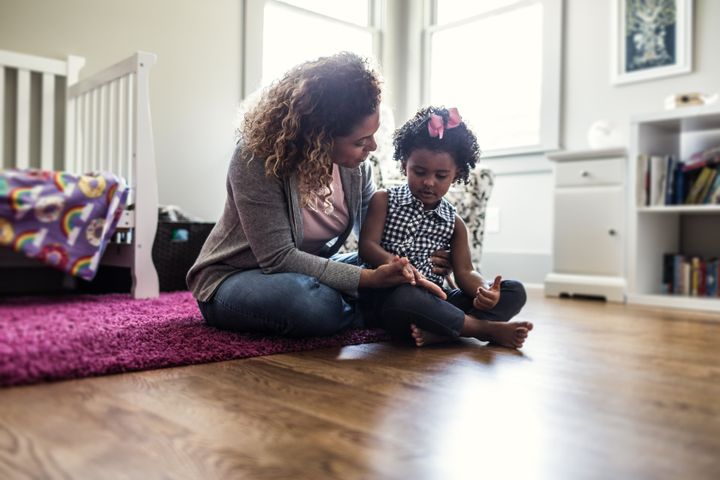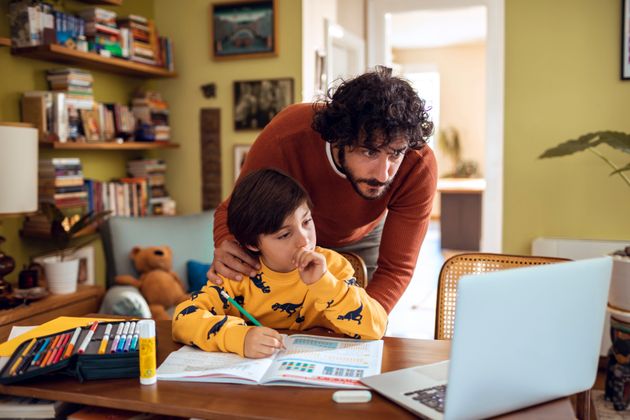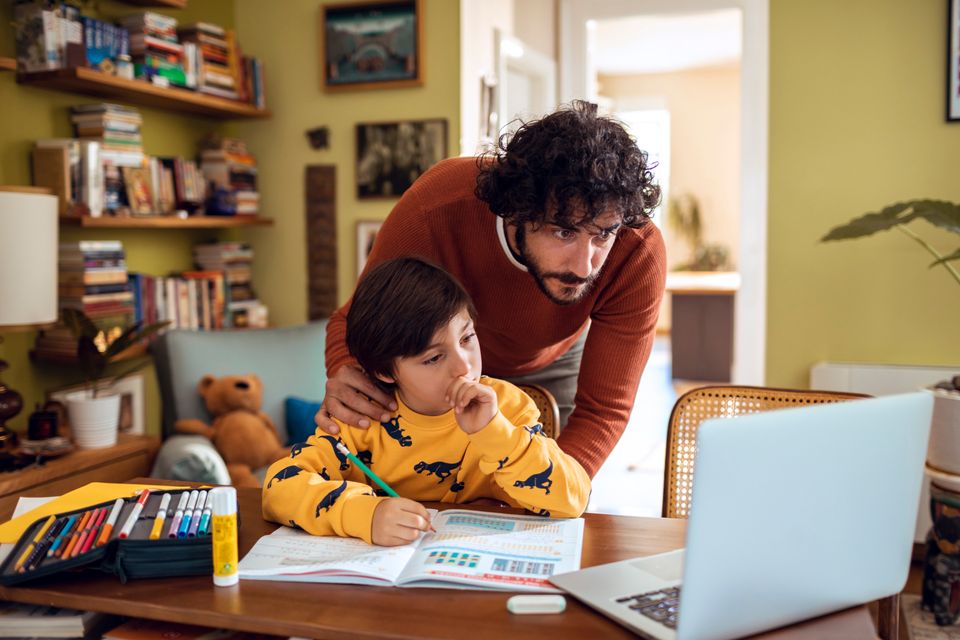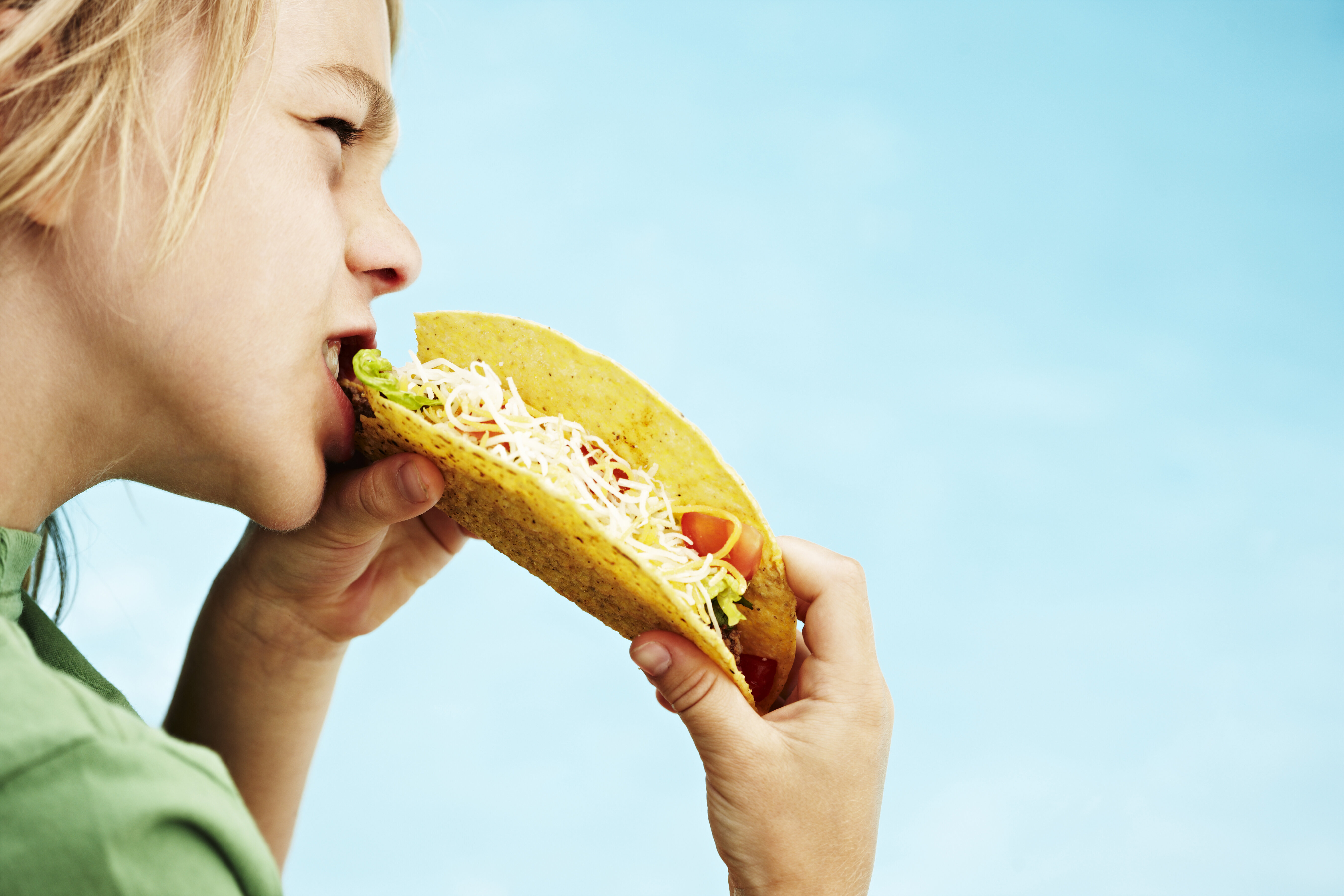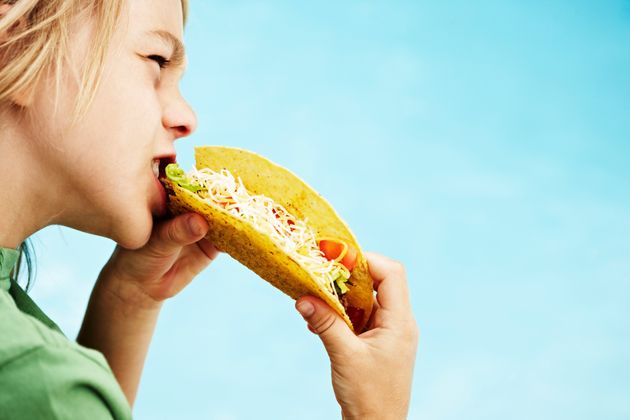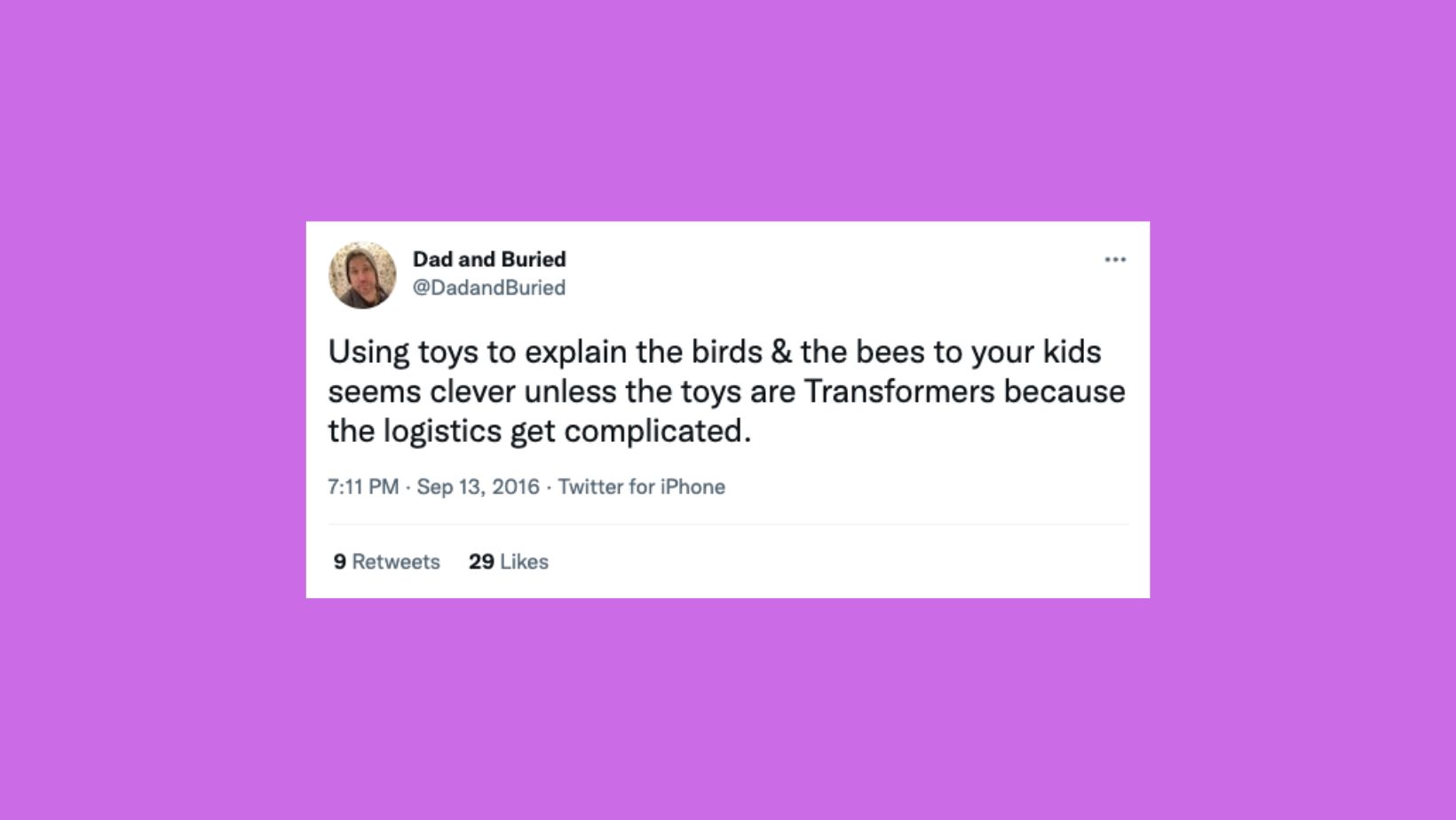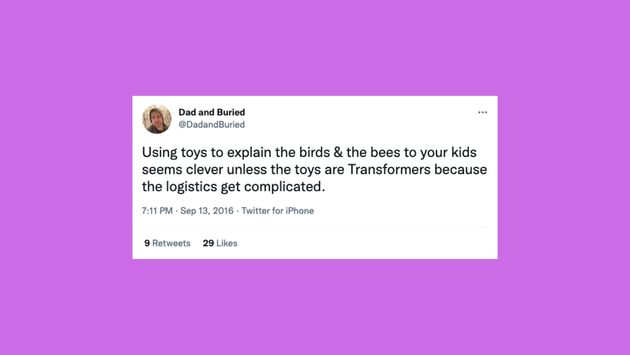
Parents don’t set out to raise spoiled children, but we do care for them from the time that they are helpless infants, and this can launch us into habits that involve doing lots of things for them. But as children grow, we need to ensure that they are doing more for themselves, and not expecting you — or anyone else — to cater to every one of their needs.
Some object to the idea of labelling children “spoiled.” They aren’t fruit to be tossed away, after all, and it is their behaviours, not who they are, that we don’t approve of. “Children behave in the ways they are taught,” Jeff Yoo, a licensed therapist at Moment of Clarity Health Center, told HuffPost. “I don’t like to label any kid with a negative,” he continued.
Advertisement
Yet we know that’s it not good for kids to always get what they want. “Spoiled tends to reference privileges, often without a sense of them being earned or that they’re taken for granted. We also think of spoiled children as lacking empathy,” Matt Lundquist, a psychotherapist in New York City, explained to HuffPost.
We want our children to be able to get along with others, share, show respect to adults, understand that their behaviour has consequences and not assume that they will always get their way. To encourage these attitudes and behaviours instead of “spoiled” ones, we asked experts which habits parents should avoid. Here’s what they had to say.
1. Making excuses or apologising on behalf of children.
It makes sense for a parent to mention that a fussy baby or toddler is overtired because they missed a nap, but as kids’ get older they should be held accountable for their behaviour, even if they’re having a bad day. Lundquist recommended that parents neither make excuses for children being unkind or apologise on their behalf.
Forcing a child to apologise rarely brings about a heartfelt apology, but a quick, private conversation in which you ask a kid whether they think what they did was acceptable and how it might have made the other person feel can often inspire a child to make a genuine apology on their own.
Advertisement
2. Failing to enforce boundaries or limits.
It’s no secret why parents sometimes cave to their children’s demands. Breaking down and allowing for more screen time, or buying the requested item, can feel a lot easier than coping with the tantrum that may result if you stand strong and refuse. But while capitulating in this way may “win” you the battle, it can lead to you losing the war.
“It is easier to give into bad behaviour to get immediate reactions that satisfy the parents’ needs at the moment. However, the negative consequences to the child may and do last a lifetime,” Yoo said. These consequences can include poor impulse control and other kinds of dysfunction.
Because children will test boundaries, “consistency is the key,” Yoo continued. If you’ve said the iPad has to be turned off when the timer dings, stick to it every time you use this strategy. If you sometimes say this and don’t follow up, children will realise it right away.
Communicate to your child that they may have feelings about the boundary, but they still have to adhere to it. You can say, “I see you are angry about having to turn off the iPad in the middle of your game” or validate their feelings in another way without giving in to their demands.
3. Protecting children from the consequences of their behaviour.
If a child misbehaves at school, for example, and is given detention or some other consequence, it’s important to not jump in to spare the child from the consequence. (Unless your child is being discriminated against.) Doing so can signal to a child that they are special and don’t need to follow the same rules as other children, and undermines the authority of teachers or other adults who care for your kid.
Advertisement
4. Replacing things too quickly.
If a child has lost a beloved item, a parent’s instinct is usually to replace it as fast as possible. But this doesn’t always give children a chance to experience their sadness. Allowing a child to have these kinds of feelings teaches them that they’re resilient and can handle tough situations.
Children also need to know that they can’t always count on immediate gratification, and they need opportunities to practice waiting.
5. Writing off poor behaviour as “kids being kids.”
“There’s a sense with kids who don’t experience enough limits that being unkind isn’t much of a big deal or, more problematically, that there’s something special about them that exempts them from having to do the work of kindness and caring,” Lundquist said.
While it’s true that kids can be cruel or engage in bullying, that doesn’t mean there shouldn’t be consequences for it — as well as support for the child who was hurt.
6. Inconsistent discipline.
“When discipline is inconsistently used to teach rules … this fosters confusion about what is and is not acceptable,” Yoo said.
Advertisement
It isn’t easy, but sticking to your boundaries and consequences will serve your kids (and you!) best in the long run.
When you are upholding boundaries or following through with consequences, make sure your kids understand that it is their behaviour that you disapprove of — not them. You love your kids unconditionally, but when they misbehave, you call them out on it. Doing so, Lundquist said, is “an important part of children coming to tolerate, for themselves, this idea — ‘I’m pretty great, but sometimes I can be hurtful, and those are all parts of me.’”
When you do introduce a new behaviour intervention, such as a consequence or a rule, you can expect some initial difficulty, Lundquist explained. “Kids (like all of us) don’t like limits and, typically, when a limit is introduced (or there’s a new effort to really enforce a rule that’s been too loose), they’ll push back.” It can be a challenge, but parents need to remain strong in these moments and remember that “the fact that setting a limit generates intense pushback doesn’t mean it’s a bad idea,” Lundquist said.
On the other end of the spectrum, someone may hear you being effusive with your kids and warn you that you’re going to spoil them, but celebrating your children’s achievements isn’t what leads to entitled behaviour.
“There is no amount of praise … hugs and high fives that will make a child spoiled. Far too often, nurturing and praise are maligned under the umbrella of a kind of anti-spoiling strategy,” Lundquist said.
Advertisement
He emphasised the importance of kids appreciating their own complexity, and understanding that they are capable of both kind and unkind actions.
“Spoiling kids is much more about preventing kids from experiencing the unpleasant parts of themselves than doing too much supporting and celebrating what’s great about them,” he continued.
“In fact, the more the good stuff is cheered, the easier it is to absorb the hard stuff.”



